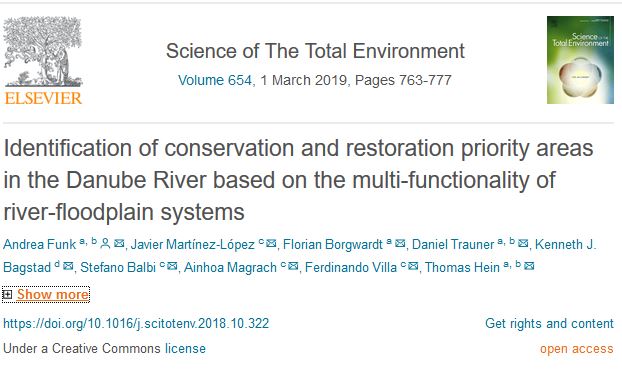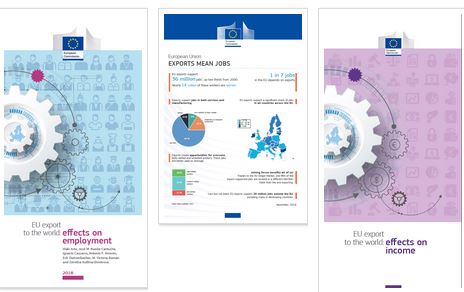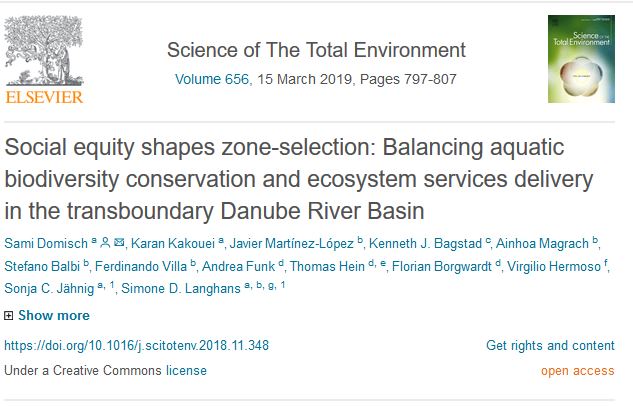20 azaroa, 2018
Published by BC3Research Javier Martínez López Stefano Balbi Ainhoa Magrach Ferdinando Villa at 20 azaroa, 2018
Categories
Large river-floodplain systems are hotspots of biodiversity and ecosystem services but are also used for multiple human activities, making them one of the most threatened ecosystems worldwide. There is wide evidence that reconnecting river channels with their floodplains is an effective measure to increase their multi-functionality, i.e., ecological integrity, habitats for multiple species and the multiple functions and services of river-floodplain systems, although, the selection of promising sites for restoration projects can be a demanding task.
27 azaroa, 2018
Published by BC3Research Iñaki Arto Ignacio Cazcarro at 27 azaroa, 2018
The report features a series of indicators to illustrate in detail the relationship between trade and employment for the EU as a whole and for each EU Member State using the new World Input-Output Database (WIOD), 2016 release, as the main data source. This information has been complemented with data on employment by age, skill and gender from other sources such as EUKLEMS. All the indicators relate to the EU exports to the rest of the world so as to reflect the scope of EU trade policymaking.
10 abendua, 2018
Published by BC3Research Elisa Sainz de Murieta Anil Markandya at 10 abendua, 2018
BC3 side event video available at COP24 official website. Implementation of climate policies and targets by non-state actors side event was organized the Basque Centre for Climate Change (BC3) in collaboration with the Centre For Research on Energy and Environmental Economics and Policy (IEFE) of Bocconi University Milan and the Foundation for Gaia.
20 abendua, 2018
Published by BC3Research Javier Martínez López Ainhoa Magrach Stefano Balbi Ferdinando Villa Simone Langhans at 20 abendua, 2018
Freshwater biodiversity is declining, despite national and international efforts to manage and protect freshwater ecosystems. Ecosystem-based management (EBM) has been proposed as an approach that could more efficiently and adaptively balance ecological and societal needs. However, this raises the question of how social and ecological objectives can be included in an integrated management plan. Here, we present a generic model-coupling framework tailored to address this question for freshwater ecosystems, using three components: biodiversity, ecosystem services (ESS), and a spatial prioritisation that aims to balance the spatial representation of biodiversity and ESS supply and demand.




